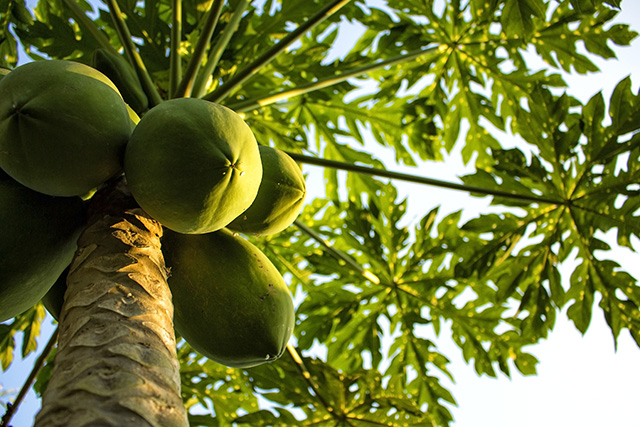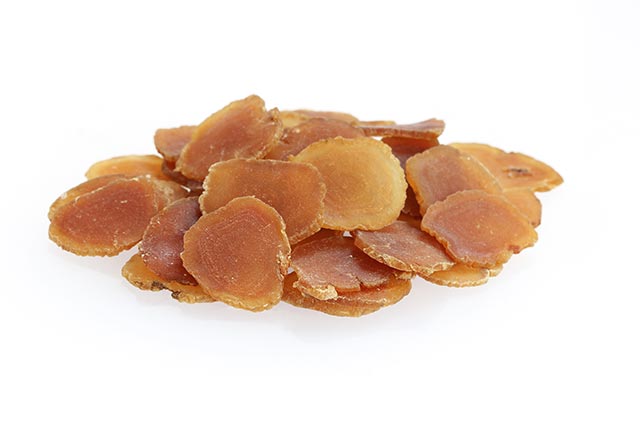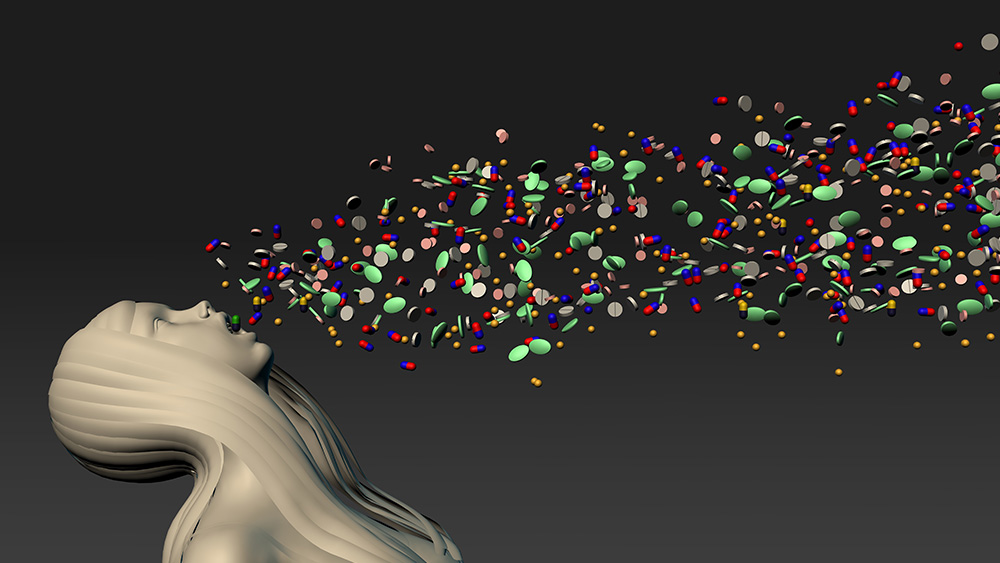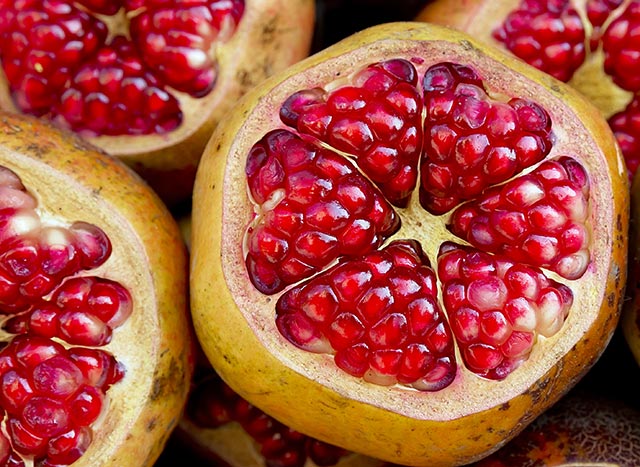Sophoraflavanone G found to induce cell death of human leukemia cells
07/13/2019 / By Ralph Flores

Researchers from the Chang Gung University of Science and Technology in Taiwan found that sophoraflavanone G (SG), which was derived from Sophora flavescens, can induce apoptosis in human leukemia cells in vitro. The results of the study were published in The American Journal of Chinese Medicine.
- The team had previously noted that SG possessed anti-inflammatory activity, based on its suppression of lipopolysaccharide-induced RAW 264.7 macrophages.
- In this study, they looked at the effects of SG on apoptosis – in particular, when it is tested on human leukemia HL-60 cells.
- Researchers treated HL-60 cells with SG concentrations between 3–30 micromolar.
- To determine the viability of HL-60 cells, the researchers used the MTT method.
- They also used DAPI fluorescence staining to study the nuclear condensation indicative of apoptosis. They used Western blotting to study apoptotic signal proteins.
- Based on the results, SG-treated HL-60 cells exhibited increased levels of apoptosis, including DNA fragmentation and nuclear condensation.
- In addition, SG activated caspase-3 and -9; it also downregulated Bcl-2 and Bcl-xL.
- SG upregulated Bax, as well as released cytochrome c from the mitochondria into the cytoplasm. This enabled apoptosis using a mitochondrially mediated “intrinsic” pathway.
- Researchers also noted that SG cleaved poly (ADP-ribose) polymerase 1 and activate mitogen-activated protein kinase (MAPK) pathways.
In sum, SG was found to increase the effect of apoptosis through activating caspase-3 and mitochondrial-mediated and MAPK pathways.
Learn the anti-cancer properties of plant compounds at Phytonutrients.news.
Journal Reference:
Li ZY, Huang WC, Tu RS, Gu PY, Lin CF, Liou CJ. SOPHORAFLAVANONE G INDUCES APOPTOSIS IN HUMAN LEUKEMIA CELLS AND BLOCKS MAPK ACTIVATION. The American Journal of Chinese Medicine. 2 February 2016;44(01):165–176. DOI: 10.1142/S0192415X16500117
Tagged Under: alternative medicine, anti-inflammatory, apoptosis, cancer cell death, leukemia, natural cures, natural medicine, sophora, sophoraflavanone G, TCM, traditional Chinese medicine



















